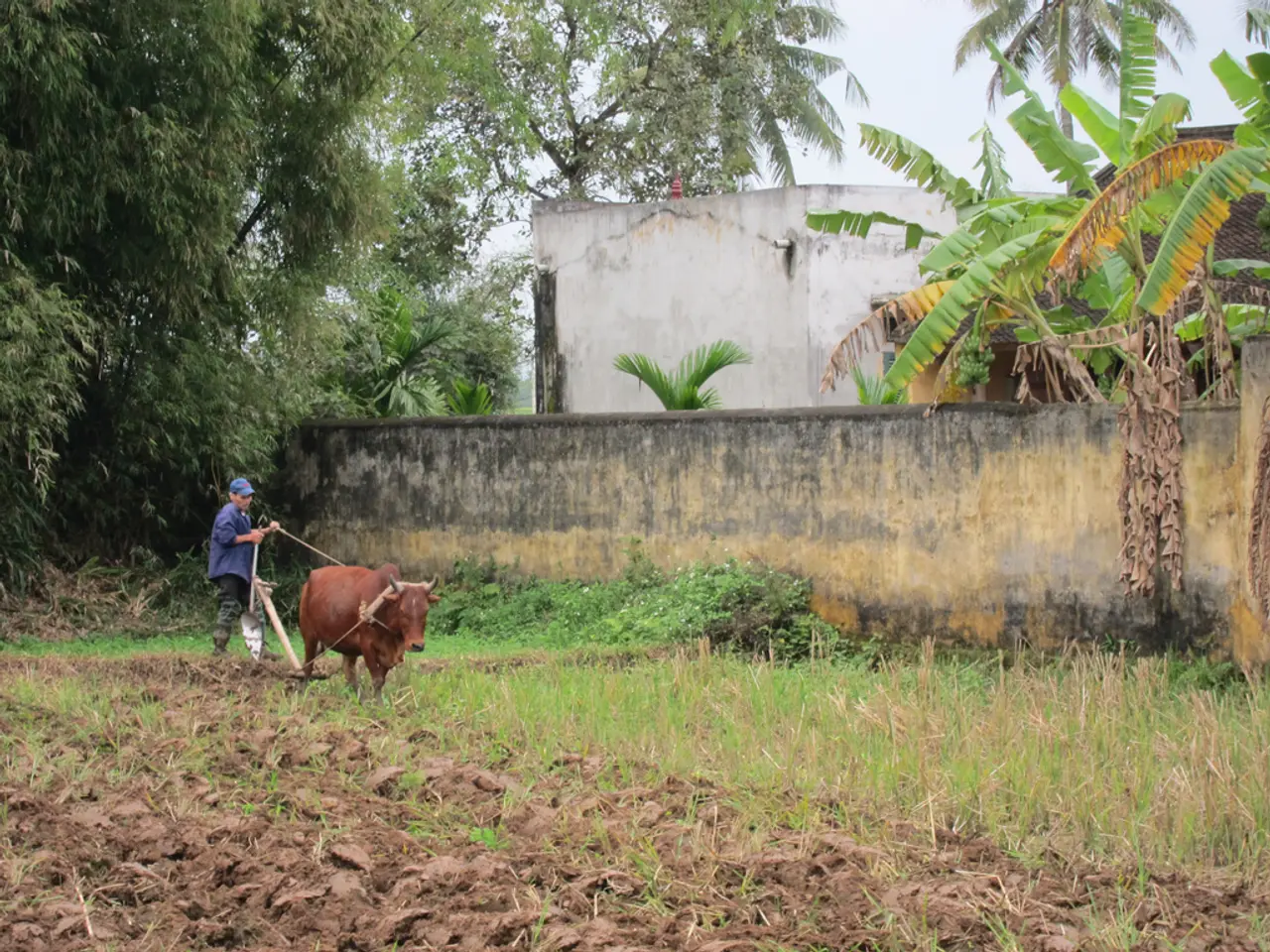Cessation of Family Reunification Beyond June 27, 2025, Announced at 6:18 AM
New take on the family reunification halt in Germany
Here's the lowdown on the current situation with family reunification for refugees with restricted protection status in Germany. After a government decision in 2025, the temporary suspension of this process for dependents (spouses and minor children) of refugees with subsidiary protection rather than full refugee status has been extended for two years, as part of a new law tightening migration policies under Chancellor Friedrich Merz. This suspension mainly affects about 380,000 people living in Germany under subsidiary protection, most of whom are Syrians.
While integration might seem easier if refugees could bring their families over, the authorities warn of additional challenges. Cities and municipalities are already near their capacity limits, and accommodating more refugees could stress their housing and social services, causing possible social strain.
Critics, however, raise eyebrows at this move, expressing concerns over the psychological impact on separated families and the potential increase in irregular migrants. Human rights groups warn that this decision may have detrimental effects on mental health outcomes and push people towards dangerous, unsanctioned migration routes to prevent family separation. Some also argue that the halt of family reunifications may conflict with Germany's humanitarian commitments under international law.
On a brighter note, those with full refugee status are still entitled to family reunification without stricter conditions compared to other foreigners. Moreover, exceptions remain for certain categories of foreign nationals, such as those married to German citizens who can still apply for naturalization after three years.
The municipal associations are pushing for even tighter controls, demanding more migration agreements with home countries and increased financial support from the federal government for integration tasks. The government plans to start a "return offensive" for refugees without prospects of staying, with a greater focus on sending back criminals to their home countries.
Ultimately, it seems the German government is tightening its migration policies in response to capacity and integration concerns, while human rights advocates urge for a more humanitarian approach to family reunifications. Stay tuned for the evolving situation in Germany's refugee community.
- The extension of the suspension on family reunification for refugees with subsidiary protection status is part of a new law tightening Germany's migration policies, which also includes a focus on increased financial support for integration tasks and a "return offensive" for refugees without prospects of staying.
- Critics and human rights groups argue that the halt of family reunifications for about 380,000 people under subsidiary protection status may conflict with Germany's humanitarian commitments under international law, raising concerns over the psychological impact on separated families and potential increases in irregular migrants.







